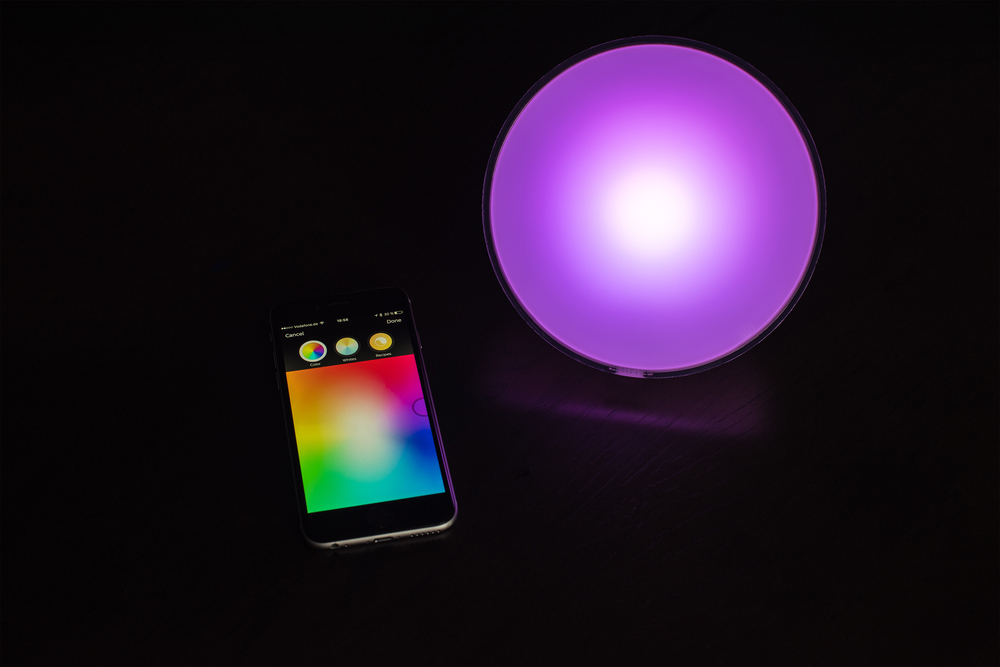New generations of technology for the home environment are always packed with minor drawbacks. In some cases these devices also carry significant security weaknesses, which are only exposed at a later date. Philips Hue light bulbs, for example, are subject to such a security flaw, as they can be remotely hacked using either a drone or a car. To make matters worse, this hacking attempt can be made from as far away as 229 feet.
Philips Hue Smart Bulbs Are Dumber Than People Anticipate
In a recent report titled, IoT Goes Nuclear, security researchers explain the security flaw found in Philips Hue smart bulbs. Having the option to hack these tiny computers from over 200 yards away is very worrisome. Once the hack is successful, the lights are tricked into accepting a malicious firmware update, which allows hackers to take full control of the bulbs and its internal components.
While many people will shrug at this news and see no real problem with it, the implications are far direr. If hackers could gain access to very large amounts of smart bulbs, they could effectively damage the power grid. Making these lights flash randomly will draw power from the grid, and with enough devices doing so, criminals can overload the system with “relative” ease.
To make matters even worse, hacking these light bulbs does not require costly hardware or software. Granted, it will take a small initial investment of a few hundred USD, but that is nothing compared to the damage that can be done with these smart bulbs. Flashing the malicious firmware update does not even require a modified version of Philips’ software either, which is very troublesome.
No matter how big or small a company is, security remains a critical weakness in every type of technology that is developed. Whether it is home users or enterprise clients, there are always risks when dealing with newer technologies. Cheaper or expensive products all have the same thing in common; they are not foolproof by any means.
Thankfully, Philips is aware of this situation, and they issued a security update to all of their products a few months ago. However, if there is one thing we have learned in recent years, it is how hackers and criminals usually outsmart security developers rather quickly. Company engineers will need to remain on their toes at all times to ensure that products are safe from harm.
In the end it remains up to individual consumers to install these updates provided by the manufacturer. Most people will never do so, though, as they think that they are done with the device when they install it. Over-the-air updates are a great concept, but as this study goes to show, one never knows where the data is coming from, or what the consequences may be.
If you liked this article, follow us on Twitter @themerklenews and make sure to subscribe to our newsletter to receive the latest bitcoin, cryptocurrency, and technology news.

